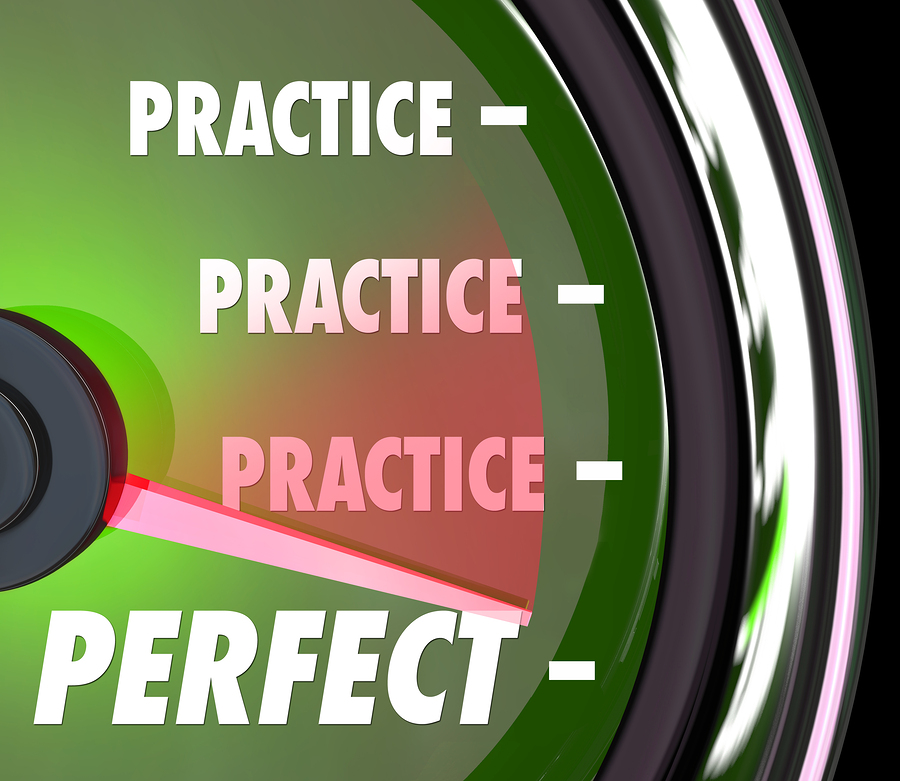During your publishing journey you may have the delightful problem of too many deadlines. You may have to ask yourself if you can accept another contract because you’re so busy. I’ve advised many clients about this over the years, taking them from panic to peace. Simple math can help.
Determine time
Look at all your contracts and how much time you have to write the books.
Calculate how many days you have to conclude all the contracts. For example, if you will turn in your last manuscript a year from now, you have 365 days to finish contracted works.
Designate days
Refer to a calendar. Mark out any time for vacations and family commitments. I suggest you also cross off weekends or the equivalent of weekends to give yourself time away from writing each week. The key to this step is to be realistic. Don’t shortchange yourself on the time you need to be away from writing. Also add some cushion days for the unexpected happening that will eat up needed time.
Add words
Add the total number of words you need to write to complete the contract and keep that figure in mind.
Consider editing
For each book, add two weeks for revising.
Flexibility
Now you have your outline for how to calculate meeting your deadlines. And you can be flexible because every writer is different.
Using the example of a writer with three deadlines of two 90,000-word books and a 20,000-word novella, we see that the writer needs to write 200,000 words in 365 days. Basic math says that this writer needs to write 548 words every day to meet this goal. Feeling better already?
At this point, you may feel comfortable stopping and saying, “Okay, I can write 2,000 words a day or more and know I’m good.”
If you’re more of a planner, you can say, 365 days, minus weekends (104 days), equals 261. Two weeks for vacation and family commitments brings the total to 247. This figure brings a writer’s needed total to 809 words per day.
But what about the editing and revisions? If you allow 30 days for edits and revisions, your new daily word count only adds up to 922 words a day.
Of course, your actual workdays won’t mean sitting down and writing 922 words a day. You’ll want to write several thousand some days, and none on other days when you need to be editing and revising. But my hope is that when you see this simple math, you’ll be much less alarmed by the prospect of whether or not you are able to tackle multiple deadlines.
Your turn:
Have you ever needed to turn down a contract because you feared meeting a deadline?
How many words do you write on a normal business day?
What can you suggest to help writers with this process?











